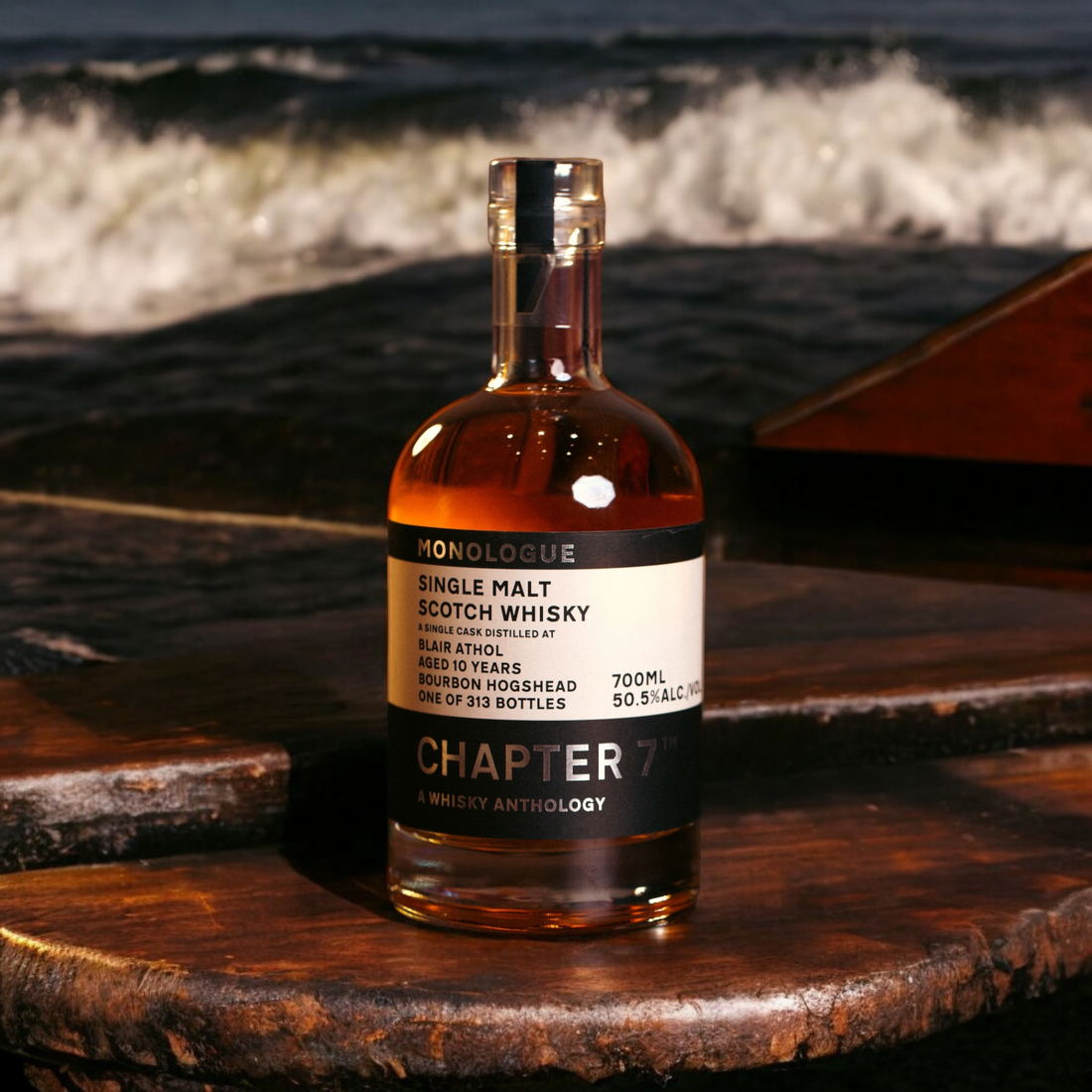Prohibition, lasting from 1920 to 1933, was a period in US history marked by the nationwide ban on the production, importation, transportation, and sale of alcoholic beverages. Despite the restrictions, the demand for alcohol remained high, leading to a thriving underground market. Among the various types of alcohol, Scotch whisky played a significant role in this clandestine era, creating fortunes for some and establishing legendary figures in the process.
Scotch whisky became a prized commodity during Prohibition. Smugglers employed various ingenious methods to bring the spirit into the US. Several key figures emerged during this era, amassing wealth and fame through the illegal whisky trade. Bill McCoy, for example, became a legendary figure known for selling high-quality, unadulterated spirits, coining the term "the real McCoy." Organized crime figures, such as Al Capone, also capitalized on the lucrative market, using their extensive networks to distribute whisky in major cities across the US.
During Prohibition, the smuggling of Scotch whisky into the United States played a significant role in popularising several iconic brands. Despite the legal restrictions, the demand for quality whisky remained high, and certain brands managed to establish a strong presence in the US market.
Johnnie Walker, one of the most recognisable Scotch whisky brands, saw its popularity soar during Prohibition. The brand's robust marketing strategies and consistent quality made it a favorite among smugglers and consumers alike. Johnnie Walker's Red and Black Labels became synonymous with quality and reliability, contributing to the brand's long-term success in the US market.
Dewar's also became a household name during Prohibition. Known for its smooth and accessible blends, Dewar's whisky was frequently smuggled into the US, establishing a loyal customer base. The brand's reputation for quality helped it thrive even after Prohibition ended, securing its position as a leading Scotch whisky producer.
Chivas Regal, renowned for its premium blends, capitalised on the Prohibition era by ensuring its products reached the American market through various smuggling routes. The brand's focus on quality and luxury appealed to American consumers, cementing its status as a prestigious Scotch whisky brand.
The Prohibition era inadvertently boosted the reputation and demand for these Scotch whisky brands. When Prohibition was lifted in 1933, brands like Johnnie Walker, Dewar's, and Chivas Regal found themselves with a ready-made market in the US. Their established presence and reputation for quality meant that American consumers were eager to legally purchase these whiskies, leading to a surge in sales and long-term brand loyalty.
A fascinating anecdote from this era involves Winston Churchill. During a visit to the US in 1931, Churchill was struck by a car in New York, sustaining injuries that required medical attention. To aid his recovery, his physician, Dr. Otto C. Pickhardt, provided him with a prescription for alcohol. The note stated, “This is to certify that the post-accident convalescence of the Hon. Winston S. Churchill necessitates the use of alcoholic spirits especially at mealtimes,” with the quantity described as "naturally indefinite" but at least 250 cubic centimeters. This prescription allowed Churchill to legally consume alcohol during Prohibition, showcasing the lengths to which some went to circumvent the restrictive laws.

Prohibition was a paradoxical period for the Scotch whisky industry. While it imposed severe restrictions, it also highlighted the enduring popularity and value of whisky, creating legendary figures and cementing the reputation of Scotch as a sought-after spirit in America. The stories of smuggling, ingenious routes, and notable personalities like Winston Churchill add a colorful chapter to the rich history of Scotch whisky.

